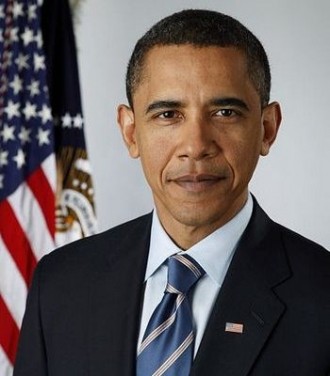The White House waded knee-deep into the ferociously debated anti-piracy legislation strongly supported by the Motion Picture Association of America on Saturday.
In what was considered a rather blunt statement by the Obama administration, White House officials said they would not support certain aspects of the two bills, the Stop Online Piracy Act (SOPA) and the Protect Intellectual Property Act (PIPA), both of which are widely accused of limiting freedom of speech online and would likely unfairly punish legitimate websites.
"While we believe that online piracy by foreign websites is a serious problem that requires a serious legislative response, we will not support legislation that reduces freedom of expression, increases cybersecurity risk, or undermines the dynamic, innovative global Internet,"' they said in a statement from Victoria Espinel, intellectual property enforcement coordinator, Aneesh Chopra, U.S. chief technology officer and Howard Schmidt, cybersecurity coordinator for the national security staff, according to the Los Angeles Times.
This is a major setback for big Hollywood studios and their unions, who have unanimously been mounting an ever-increasing lobbying campaign in support of the proposed new bills. With good reason as well, as the new legislation would give the Justice Department more power to block foreign websites involved in the online piracy of movies and TV shows, which allegedly cost the industry billions of dollars a year in lost earnings.
That however, is not a view shared with Google, Facebook and other tech companies like Intel, Microsoft, Dell and Symantec. They all feel the proposed Acts raise valid concerns that need answers, with due process, free speech and privacy as fundamental rights that should never be compromised. They also fiercely oppose provisions that would allow the Justice Department to obtain court orders requiring search engines and online payment processors to block access to sites the courts deem as being involved in piracy.
"We appreciate the Administration's recognition that our ability to innovate, invest, and grow the economy is dependent upon keeping the Internet free and open,"' said Markham Erickson, executive director of the NetCoalition.com, a group of technology companies fighting the anti-piracy bills.
Both bills will likely be modified to reflect the concerns of the White House Administration ahead of the scheduled PIPA Senate hearing on January 24. The House Judiciary Committee was expected to vote on the SOPA bill later this month, but recently announced it will delay those plans "until a consensus can be reached".
